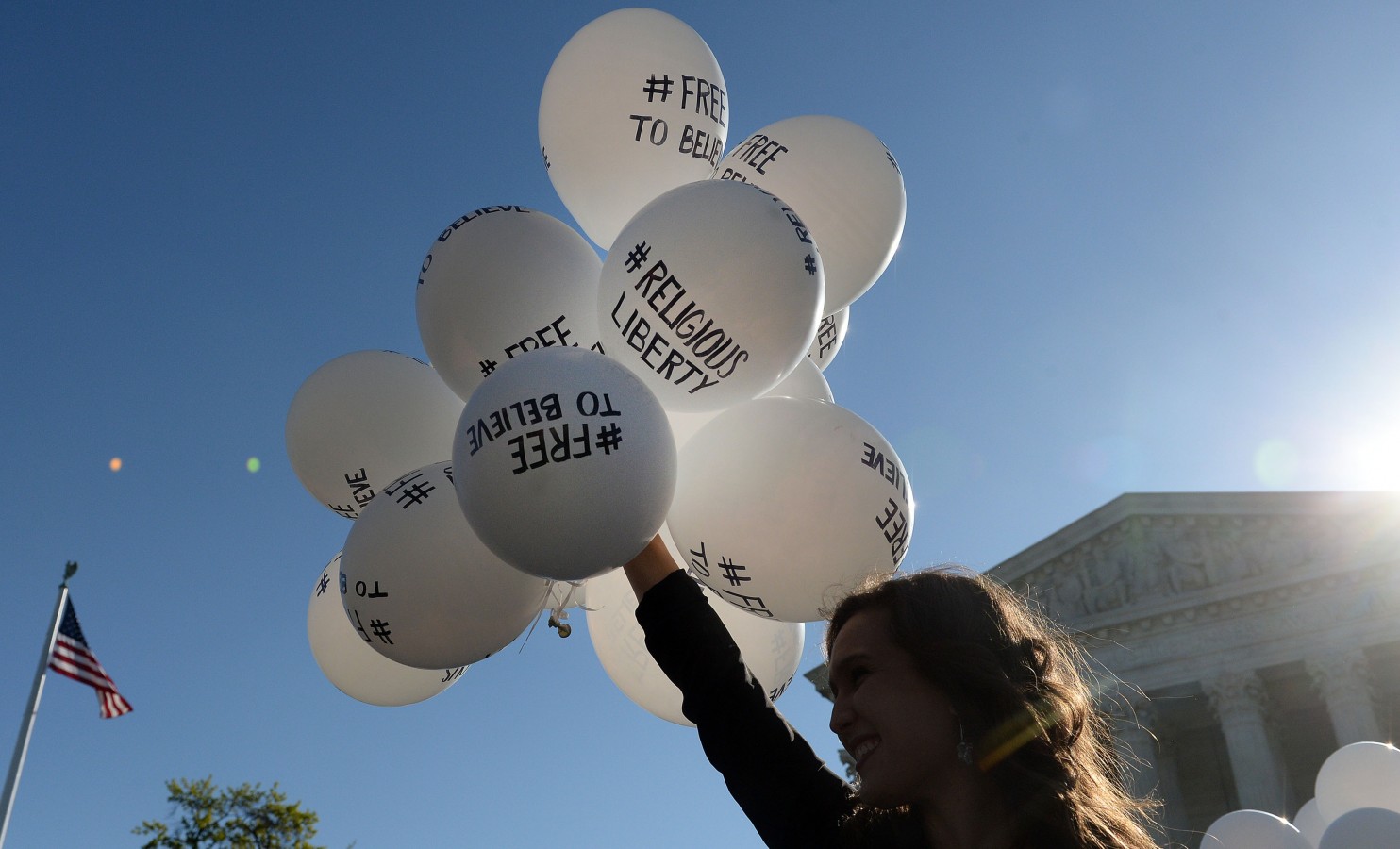A close friend of mine recently lost her thirteen-year-old son to cancer. He was a bright, creative, inquisitive, witty, beautiful boy who was like his mother in nearly every regard, from his looks to his talents to his sense of humor. The world suffered a terrible loss with his passing.
At the wake I spoke to my friend’s devoutly Catholic parents. Her father explained how difficult it had been to diagnose the boy, how his cancer hadn’t responded the way that form typically does, and how the child had been plagued with strange symptoms that the doctors hadn’t seen before, so they didn’t know if they were related to the cancer or not. They did an autopsy on the boy to determine whether it was the primary cancer or these other symptoms that in fact ended his life, and to learn more about why this particular illness behaved differently.
“That to me is god’s plan,” the grandfather said. “I think this boy is going to open up a new chapter in cancer research, and lead to new breakthroughs. That is god’s plan.” He paused and then added, sadly, “I have to think that, because otherwise it’s for nothing. It’s just a wasted death.”
This remark struck me as nothing short of astonishing. Here was this deeply religious and pious man struggling, in that very moment, with the most painful confrontation with his own cognitive dissonance. By his own admission, the only way he could reconcile his belief in a loving god with the unspeakable suffering his grandson had endured was to seek an obscure and tenuous connection to some possible benefit in the distant future. “It has to be that, because otherwise it’s meaningless . . . And god wouldn’t have done this if it was meaningless . . . would he?”
Of course, the grandparents went on to talk about how certain they were that the boy is in heaven now, and that rather than praying for him they were asking him to pray for them, so that they too could go to heaven when they die to be with him again. It was clear that this idea gave them some comfort, although I could not help wondering whether there was now a seed of doubt in this as well. “He is gone, but I will see him again someday because he was a good boy and I have been a good catholic, and god wouldn’t have done this if we weren’t going to be together again . . . would he?”
As strange – and in some cases, borderline cruel – as the practices of organized religion can be with respect to death and mourning, I in no way wish to rob these people of the one thing that seems to be giving them solace in a time of bereavement which most of the rest of us can never imagine even if we wanted to. But it is telling in the most fundamental way that even the most fervent believers in effect admit, in times of greatest sorrow, that the promises of their faith do not compute with the starkness of their reality.
For my part, understanding that there is no god and that as tragic and terrible as this boy’s suffering was, it was not scripted to serve any greater purpose, are much less painful than the crisis of faith of the bereaved believer. They still must grieve for their lost loved one, and while they may look forward to being together again in the afterlife, they also carry the burden of trying to figure out why god allowed it to happen, what was his plan, could it have been prevented if they had lived a more pious life, and so on. It is another reason why I am grateful for my atheism; life is filled with hardships we cannot avoid – of crosses to bear, as it were – so there is relief, and perhaps some wisdom, in not picking one up that you don’t have to.







What did you think of this article?